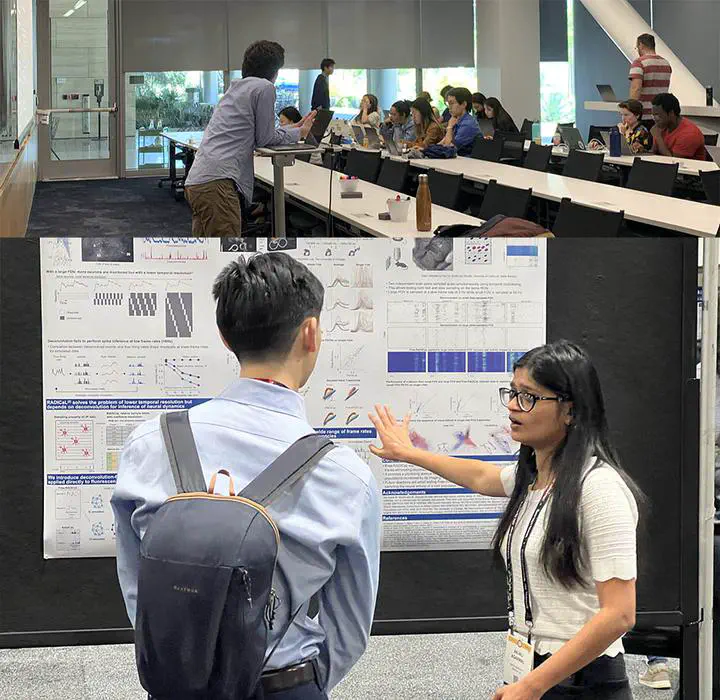Postbac: Research specialist in neural engineering

Description
We invite qualified applicants to join our team as a Research Specialist in computer engineering and software engineering. The position involves infrastructure development for real-time intracortical brain-computer interface (iBCI) systems, writing and validating code (Python/C++) for real-time signal processing and deep learning inference, and developing interactive tasks for iBCI participants.
Specialist will work as a part of the BrainGate2 Clinical Trial team, investigating the use of iBCIs to restore speech and motor functions to people with tetraplegia and/or dysarthria. The specialist would contribute to the development of the backend framework for running our real-time iBCI system, incorporating new features, and interfacing other systems (e.g. robotics, electromyography sensors, other devices). Additionally, the specialist will be responsible for maintaining the iBCI codebase. Specialist will be part of a highly collaborative team, and will receive support and mentorship from the PI, postdocs, graduate students, and other research specialists in the lab.
A few examples of projects the specialist will support and advance:
BRAND and other infrastructure for real-time neuroscientific experiments.
Integrating assistive robotic control (Stretch 3) into real-time iBCI framework.
Creating UNITY-based games for interactive iBCI tasks.
Integrating and testing deep learning decoding algorithms into our closed-loop iBCI setup.
Minimum Qualifications
- Bachelor’s degree in Computer Science, Electrical Engineering, Biomedical Engineering, Neuroscience, or a related field.
- Expert programming (particularly Python) / software engineering skills.
- Experience with Linux.
- Independent work ethic, initiative, critical problem-solving, task prioritization skills, and enthusiasm.
- Ability to thrive in a collaborative environment.
Preferred Qualifications
- Experience with real-time systems development, robotics
- Proficiency in C/C++
- Experience with deep learning software packages, and debugging complex machine learning models.
- Experience in application of data science and machine learning concepts to neuroscientific data.
- Familiarity with neurophysiology and systems neuroscience.
- Experience with distributed computing architectures and cloud computing (AWS, Google Cloud).